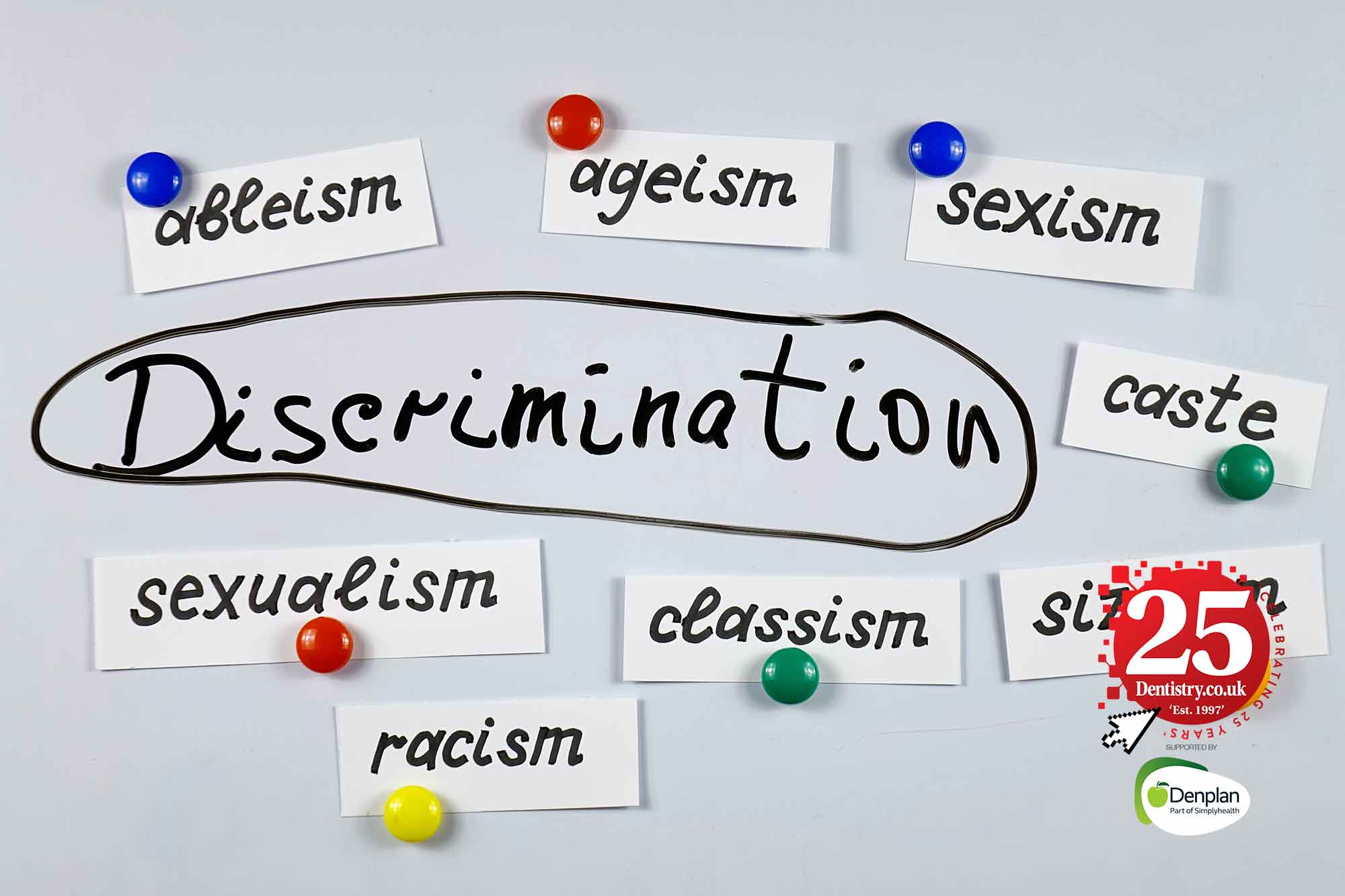
Nishma Sharma opens up about her experiences with classism in dentistry, and calls for more compassion within the largely ‘elitist degree’.
Twenty-five years ago I embarked on my journey to become a dentist.
Having sat my A-levels, I washed up on the shores of the fabulous Guy’s and St. Thomas’ dental institute. They were on the verge of merging with the equally formidable King’s College, London…and I absolutely hated it.
You see, I never wanted to be a dentist; I wanted to be a lawyer. However, being a female, coming from a first generation Indian background, growing up in Leicester, it just wasn’t something that my parents would even entertain.
The old adage ‘if you can’t see it, you can’t be it’ very much interfered in my life. My parents knew of others who had gone down the medical/healthcare route, people they could count on to help us out or offer advice. Unfortunately, they did not know any body in the world of law.
Their life experiences of this country being a fairly racist and highly discriminatory society meant they were fearful and hugely sceptical of my chances of success at breaking the mould in this field. Rightly or wrongly, I was ‘forced’ into five years of a degree I didn’t want to do.
A long way to go
My university years were peppered with bouts of depression and a sense of unease of not feeling like I belonged. Not because of my race or ethnicity, which to be honest, meant I was joining the majority, but because of my background and socio-economic identity, my fully comprehensive schooling, my lack of playing an instrument.
Looking back now, I have nothing but love for myself and my resilience in coping with mental illness, treating patients and the ability to get through one of the most academically gruelling degrees there is.
I didn’t experience any offensive behaviour to note; there were of course the odd sexist remarks by ‘old-skool’ tutors which nobody felt empowered enough to call out, and they were swept under the rug along with the odd racist patient who asked if I was going to go back home after graduating.
Fast forward 23 years and working alongside foundation dentists, hygienists and therapists, views and opinions have, fortunately, changed dramatically. The most positive feedback I received as part of the leadership curriculum I ran for Health Education England (HEE) was for my day on diversity and well being. Personal stories were shared on loneliness, fear, anxiety and under representation.
We, as a profession, still have a very long way to go to address the significant disproportionate under-representation of black colleagues in our schools, training programmes and institutions, hence establishing the Diversity in Dentistry Action Group (DDAG). Indeed, white and Asian females entrants may well have tipped the scales into dental schools, but black females certainly haven’t.
Elitist degree
We also seem to have inadvertently picked up an age-old discrimination within our world; that of classism.
My brother, sister and I were all able to become dentists by way of grants, subsidies and incredibly hard-working selfless parents. But looking back, there is no way we could have accessed this elitist degree now.
We are living in a world with private schooling, tutors, interview coaching, CV writing experts and all the power and opportunity money offers to successfully land a seat in our over-subscribed, under-accessible universities. I despair for the voice of the ‘average’ population.
How can we as healthcare providers even start to understand ‘heat or eat’ if we have never had or heard of the lived experiences of that world? How can we offer empathy to those who are unable to afford a Band 3 and instead ask for a perfectly treatable tooth to be extracted due to financial reasons?
And what of the inequity of those students who are working all hours on top of their degree commitments whose uni experience is vastly different to those who sail through thanks to the bank of mum and dad?
How many students are coming in from a state education? From lower SEGs? From housing estates? And what of the impact of this for the future workforce and quality of care we are able to provide our patients?
Let’s acknowledge the problem
The last 25 years have seen a change in the type of discrimination faced by certain groups. However, barriers still exist. Homogeneity of class or group is not conducive to diversity of thought. Dentistry and all of its problems currently, desperately needs out-of-the-box thinking. This is in order to future proof ourselves and remain a worthy healthcare care profession.
We have come so far. We have a workforce crisis. Let us acknowledge the problem.
Let us work together to remove the hurdles and be an exemplary profession where we welcome anyone, regardless of background.
Find out more about Denplan


